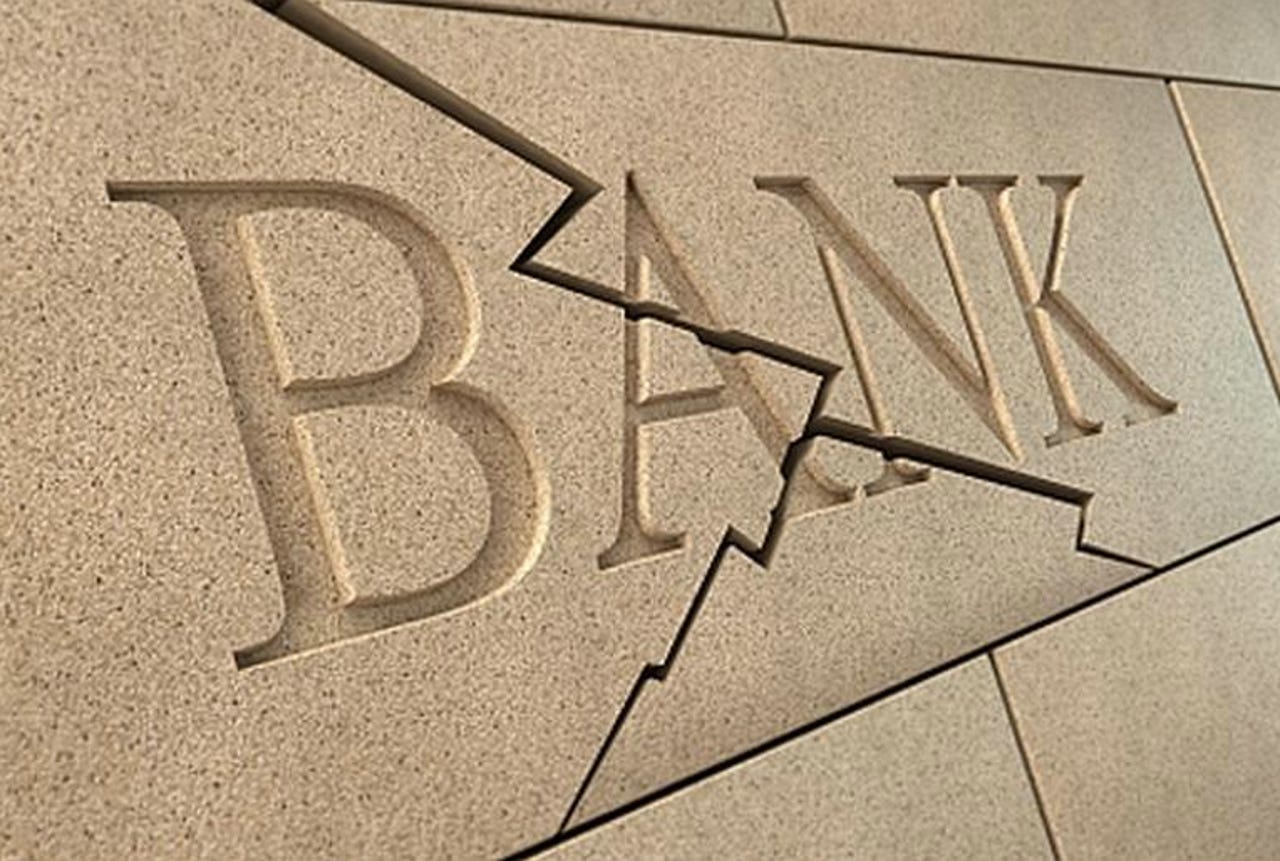SWIFT says bank cyberattacks 'here to stay'


SWIFT has admitted that cyberattacks leveraging the banking messaging system and poor local security have grown worldwide and asked for vigilance against threats which are "here to stay."
On Wednesday, Alain Desausoi, SWIFT's chief information security officer (CISO) said at the Financial Times Cyber Security Summit Europe in London that cyberattacks launched against customers by fraudulently acting as the cooperative's network are being monitored by the group, which has come to the conclusion that such attacks are "persistent, adaptive and sophisticated."
"We continue to see cases in which our customers' environments have been compromised and subsequent attempts made to send fraudulent payment instructions," Desausoi told attendees.
As reported by Threat Post, the executive then explained how SWIFT, used by banks worldwide to verify transfers between banks and other financial services, is introducing new measures through the Customer Security Programme (CSP) to mitigate the damage such fraud can cost.
One new measure, dubbed Daily Validation Reports, has been established to forge a "long-term response" to cyberfraud, Desausoi said. The tool gives banks and other customers the option to review daily messages and a summary of message flows in order to detect suspicious activity.
The feature, due to be introduced in December, will also give clients access to risk reports for the identification of unusual senders, destinations and patterns.
"Measures like our recently announced Daily Validation Reports, which help our customers preserve the integrity of their environments, show that the programme is making progress," Desausoi said. "We will continue to support our community, but, as the threat persists, the role of our customers remains absolutely critical: any customer that fails to address the logical and physical security of its environment is at risk."
The Society for Worldwide Interbank Financial Telecommunication, otherwise known as SWIFT, hit the headlines in February after lax security at the Bangladeshi Bank allowed fraudsters to steal the bank's SWIFT code to make a series of fraudulent payment transfer requests.
Once armed with the code and after spying on bank employees to learn their practices for roughly a month, the cyberattackers made a series of rapid transaction requests for cash to be sent from the country's New York-based Federal Reserve account to entities across Asia.
The cyberattackers were able to pilfer $80 million, but the damage could have reached up to $1 billion if it had not been for one US employee who spotted a spelling mistake made in one of the rapid-fire transaction requests and thereby issued an alert blocking all other transfers.
Last month, Reuters reported that the company admitted in a private letter sent from SWIFT to clients that fresh cyberattacks have surfaced against the system since June, some of which were successful.
In the letter, SWIFT said that customer weaknesses in local security permitted fraudulent transactions to go through and compromise local networks.